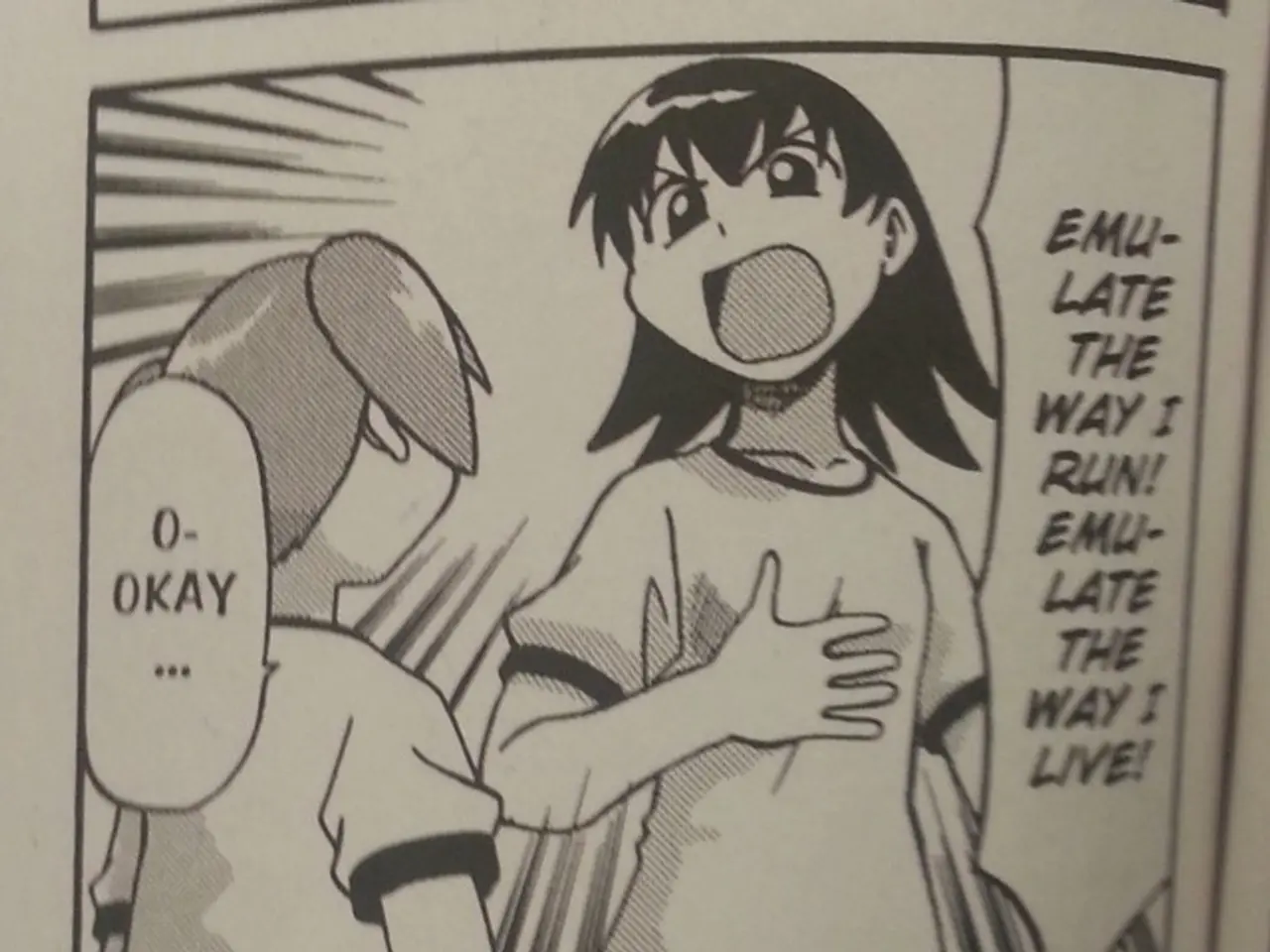Right to Life and Freedom from Unreasonable Restrictions on Personal Liberty
Expanding Individual Rights in India: A Journey Through Article 21
The Indian Constitution, in its Article 21, guarantees the right to life and personal liberty. Over the years, the Supreme Court of India has broadened the interpretation of this fundamental right to encompass various derivative rights, enhancing the scope of personal freedoms and protections.
Historical Development and Significance of Article 21
Originally, Article 21 was narrowly interpreted, but landmark cases like Maneka Gandhi v. Union of India (1978) expanded it to include the right to a fair procedure and to encompass more than mere animal existence, integrating dignity and quality of life into its ambit. Further judicial rulings incorporated rights related to livelihood, reinforcing that the right to life includes the right to survive with human dignity.
Introduction of the Right to Privacy
The Right to Privacy was explicitly recognized as a fundamental right under Article 21 in the landmark 9-judge Supreme Court judgment in K.S. Puttaswamy v. Union of India (2017). This recognition marked a constitutional evolution responding to modern technological challenges involving digital communication and data, articulating privacy as the right to self-determination and to be "let alone," which is critical given the rise of digital technologies.
Right to Die with Dignity
The Supreme Court has also interpreted Article 21 to include a Right to Die with Dignity, recognizing that the right to life includes the right to refuse medical treatment and to seek passive euthanasia under strict guidelines. This expansion reflects the Court’s continued emphasis on personal liberty and dignity, allowing individuals some control over the manner and conditions of their death as an extension of their autonomy and dignity under Article 21.
Digital Personal Data Protection Act
While Article 21 offers the constitutional guarantee of privacy, the Digital Personal Data Protection Act is a legislative measure that has emerged in response to privacy rights in the digital domain. The Act is designed to regulate the collection, storage, and processing of personal data by entities and safeguard citizens' data privacy, thereby operationalizing the constitutional right to privacy in the digital realm.
In Summary
| Aspect | Historical Background | Constitutional Basis | Modern Implications | |-----------------------------|------------------------------------------|---------------------------------------|-----------------------------------------| | Article 21 Expansion | Initially narrow, expanded post-1978 | Right to life & personal liberty | Inclusive of fair procedure, dignity | | Right to Privacy | Recognized in 2017 (K.S. Puttaswamy) | Article 21 | Protection from digital surveillance | | Right to Die with Dignity | Judicially recognized right | Article 21 (life & liberty) | Includes passive euthanasia rights | | Digital Personal Data Protection Act | Legislative response to privacy concerns | Supported by Article 21 and privacy rulings | Regulates data in digital age |
These expansions highlight the dynamic nature of Indian constitutional law in protecting individual rights and adapting to societal changes, emphasizing dignity, autonomy, and privacy as core to the right to life.
The Supreme Court and legislative measures together continue to shape the practical significance of Article 21 rights, ensuring they meet contemporary challenges, especially in technology-driven contexts.
Key Developments and Court Cases
- Olga Tellis v. Bombay Municipal Corporation (1985): Established the Right to Livelihood.
- Subhash Kumar v. State of Bihar (1991): Established the Right to a Clean and Healthy Environment.
- Chameli Singh v. State of Uttar Pradesh (1996): Established the Right to Shelter.
- Common Cause v. Union of India & Ors. (2023): Simplified the process for making living wills and withdrawing life-sustaining treatment.
- Rathinam v. Union of India (1994): Recognized the "right to die" as part of the "right to life."
- Francis Coralie Mullin v. Administrator, Union Territory of Delhi (1981): Established the Right to Dignity.
Notable Quote
"No person shall be deprived of his life or personal liberty except according to procedure established by law." - Article 21 of the Indian Constitution.
Additional Information
- Euthanasia is the act of ending someone's life to eliminate pain or suffering, and it can be of two types: active and passive.
- In Aruna Ramchandra Shanbaug v. Union of India & Ors. (2011), passive euthanasia (withdrawal of life support) was allowed under strict guidelines.
- The Data Protection Board of India monitors compliance, imposes penalties, directs data fiduciaries to take necessary measures in the event of a data breach, hears grievances made by affected persons, and appeals against its decisions will lie with TDSAT (Telecom Disputes Settlement and Appellate Tribunal).
- Only 33% of women in India have ever used the Internet, according to NFHS, raising concerns about digital exclusion.
- The Srikrishna Committee (2018) identified potential harm as a consequence of personal data processing.
- The Digital Personal Data Protection Act, 2023 has exemptions for security of the state and public order, and research, archiving, or statistical purposes.
- The BN Srikrishna committee advocates for a careful balancing between the right to privacy and the right to information.
- As the Indian economy continues to grow and evolve, it is essential to consider the impact on the environment and implement sustainable practices in education-and-self-development, personal-growth, and career-development.
- Policy-and-legislation measures must be enacted to ensure sustainable development and prioritize environmental protection, promoting a balance between economic growth and environmental preservation.
- In the realm of education, skills-training programs can be designed to equip students with necessary green-tech skills, preparing them for future employment opportunities in environmentally-conscious fields.
- Sports, such as soccer, basketball, and cricket, offer numerous benefits for mental and physical health, but it is crucial to promote sports-betting regulations to protect citizens from addiction and other negative impacts.
- The general-news media can play a critical role in raising public awareness about environmental issues and educating citizens on the importance of sustainable living.
- On the political front, policymakers should engage in open discussions and work collaboratively to address environmental concerns, ensuring the well-being of current and future generations, while considering economic factors for job-search prospects in related fields.




